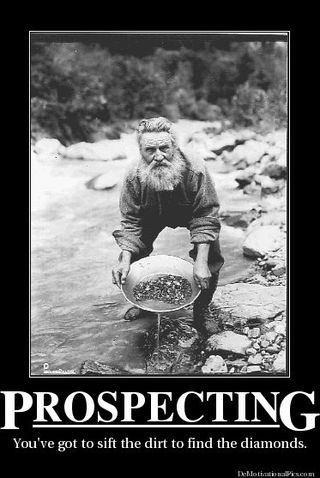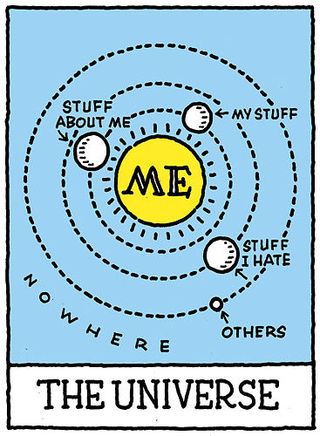Like many of you, I was intrigued by the all the turmoil in the financial markets last week. It made me glad that my occupation is not tied directly to the financial industry. Some of my business associates in those career fields had a very stressful week. I guess being a stock broker would have been better than being a policeman in London, but not by much!
 As I discussed the financial news with one of my business partners (who happens to be our company's CFO), he again suggested that I consider buying some Bank of America stock. He's mentioned this stock tip a couple of times in the last six months (of course, I didn't listen), but this time it came right after the stock lost 17% of its value on Monday.
As I discussed the financial news with one of my business partners (who happens to be our company's CFO), he again suggested that I consider buying some Bank of America stock. He's mentioned this stock tip a couple of times in the last six months (of course, I didn't listen), but this time it came right after the stock lost 17% of its value on Monday.
I'm normally not one for watching stocks, but with this conversation fresh in my mind, I came across an article in Yahoo Finance that caught my eye. The article started like this…
"CHAPEL HILL, N.C. (MarketWatch) — How many of you are willing to bet that Bank of America stock will outperform Apple's in coming months? Hardly any of you, I am sure.
After all, Apple is on an unbelievable tear — close on the heels of Exxon Mobil to become the most valuable company in the world. Bank of America, in contrast, is off nearly 50% from its 52-week high, which was set in early January — including a stunning 17% drop on Monday of this week.
But your aversion to betting on Bank of America over Apple just goes to show how hard it is to be a genuine contrarian."
As I thought through that last sentence, I couldn't help but ponder how this principle has proven true in so many areas of my life. It has always been tough for me to go against the flow, let alone convince someone else to be a contrarian (if you're a parent, you know what I'm talking about).
But, that's exactly what you're doing if you've tried to convince an individual to start a real estate career in the last few years. From the candidate's perspective, it's very counterintuitive. In fact, for most people, it borders on being perceived by their friends and family as complete craziness!
Is it crazy to become a new real estate agent under today's market conditions? For many people…yes, it is. But for some, it is as profound a decision as buying low and selling high.
The article goes on to explain how the process of connecting a company's market cap to its future potential is notoriously flawed. A much better indicator of future stock performance is the natural and long-term migration that most stocks have towards a baseline of business fundamentals (sales, earnings, book value, etc.).
So, would it be a smart move to buy Bank of America stock? Who knows… But what I do know is that if I were responsible for selling financial advice based on the concept of being a contrarian, I'd certainly learn how to articulate this line of reasoning.
If you're an owner, general manager, or recruiting manager, I would recommend you put some thought into selling a real estate career from this perspective.
Like some financial advisors, many interviewers try to remain positive and just pretend that nothing is wrong. Your interviews will be much more authentic if you identify and address the fear and anxiety a person undoubtedly feels from considering entry into an industry that appears to be depressed. Bring this objection out on the table–believe me, it's there.
It's up to you to bring the benefits of entering a real estate career in today's market to the forefront of your conversation. If people were comfortable operating with a contrarian mindset, there would be a lot more people buying Bank of America stock right now…
Editor's Note: This article was written by Ben Hess. Ben is the Founding Partner and Managing Director of Tidemark, Inc. and a regular contributor to WorkPuzzle. Comments or questions are welcome. If you're an email subscriber, reply to this WorkPuzzle email. If you read the blog directly from the web, you can click the "comments" link below.











